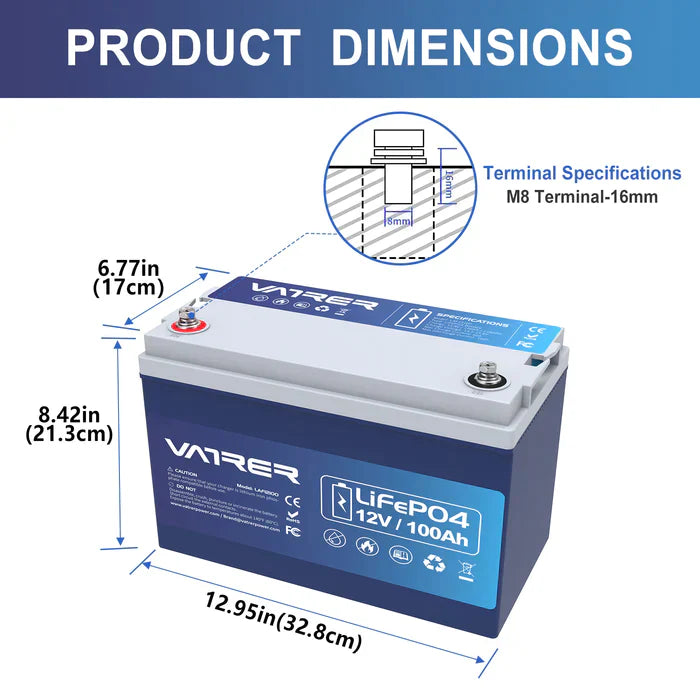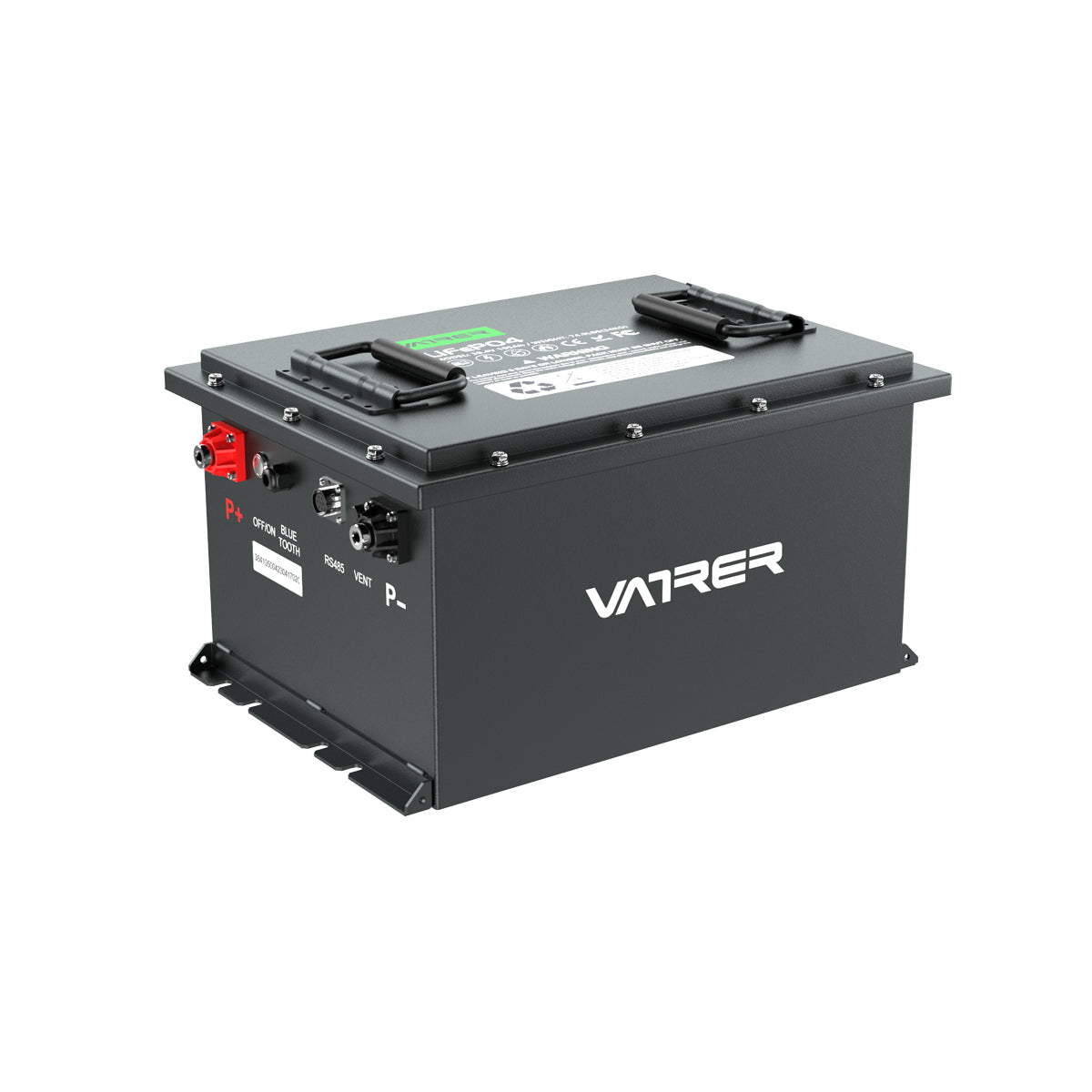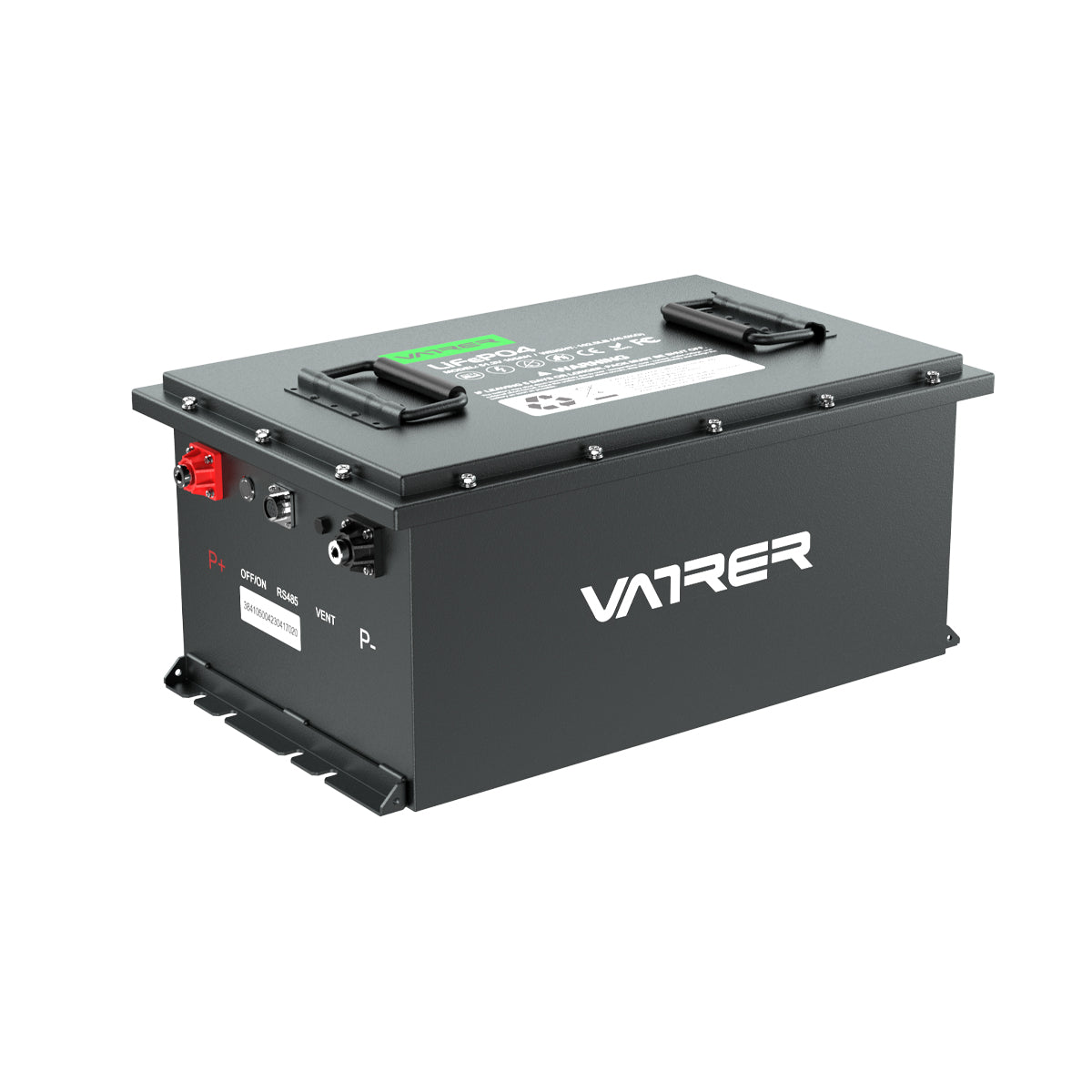Bus bars are essential components in electrical systems, serving as a central point for distributing electrical power. In this article, we will delve into the intricacies of bus bars, their types, applications, and advantages, ensuring a thorough understanding of their role in modern electrical engineering.
What is a Bus Bar?
A bus bar is a conductive material, typically made of copper or aluminum, that serves as a common connection point for multiple circuits. It allows for the efficient distribution of electrical power from one source to various loads. Bus bars are commonly used in power distribution systems, switchgear, and substations.

Key Characteristics of Bus Bars
-
Material Composition: Bus bars are primarily made from copper or aluminum due to their excellent conductivity and durability.
-
Shape and Size: They come in various shapes, including flat, round, and rectangular, and can be customized in size to meet specific electrical requirements.
-
Insulation: While bus bars are conductive, they are often insulated to prevent accidental contact and short circuits.
Types of Bus Bars
Bus bars can be categorized based on their design and application. Here are the most common types:

1. Copper Bus Bars
Copper bus bars are known for their superior conductivity and are often used in high-current applications. They are more expensive than aluminum but provide better performance in terms of electrical resistance and thermal conductivity.
2. Aluminum Bus Bars
Aluminum bus bars are lighter and more cost-effective than copper. They are suitable for applications where weight is a concern, such as in overhead power lines. However, they have a lower conductivity compared to copper, which may require larger cross-sectional areas.
3. Insulated Bus Bars
Insulated bus bars are designed with a protective layer to prevent electrical shock and short circuits. They are commonly used in environments where safety is a priority, such as in industrial settings.
4. Bus Ducts
Bus ducts are enclosed bus bars that provide additional protection and are often used in large commercial buildings. They facilitate the safe distribution of power over long distances.
Applications of Bus Bars
Bus bars are utilized in various applications across different industries. Some of the most common applications include:
1. Power Distribution Systems
Bus bars are integral to power distribution networks, allowing for the efficient transfer of electricity from substations to consumers.
2. Switchgear
In switchgear assemblies, bus bars connect circuit breakers and other devices, ensuring reliable operation and maintenance of electrical systems.
3. Renewable Energy Systems
Bus bars play a crucial role in solar power systems, connecting solar panels to inverters and batteries, facilitating the flow of electricity.
4. Data Centers
In data centers, bus bars are used to distribute power to servers and other critical equipment, ensuring uninterrupted operation.
Advantages of Using Bus Bars
The use of bus bars in electrical systems offers several advantages:
1. Space Efficiency
Bus bars require less space compared to traditional wiring methods, making them ideal for compact installations.
2. Reduced Installation Time
The modular design of bus bars allows for quicker installation, reducing labor costs and project timelines.
3. Improved Reliability
Bus bars provide a robust connection that minimizes the risk of electrical failures, enhancing the overall reliability of the system.
4. Scalability
Bus bars can be easily expanded or modified to accommodate future electrical needs, making them a flexible solution for growing facilities.
Conclusion
In summary, bus bars are vital components in electrical systems, providing efficient power distribution and enhancing the reliability of electrical networks. Understanding the different types, applications, and advantages of bus bars is essential for engineers and technicians working in the field. By leveraging the benefits of bus bars, organizations can ensure optimal performance and safety in their electrical systems.






























